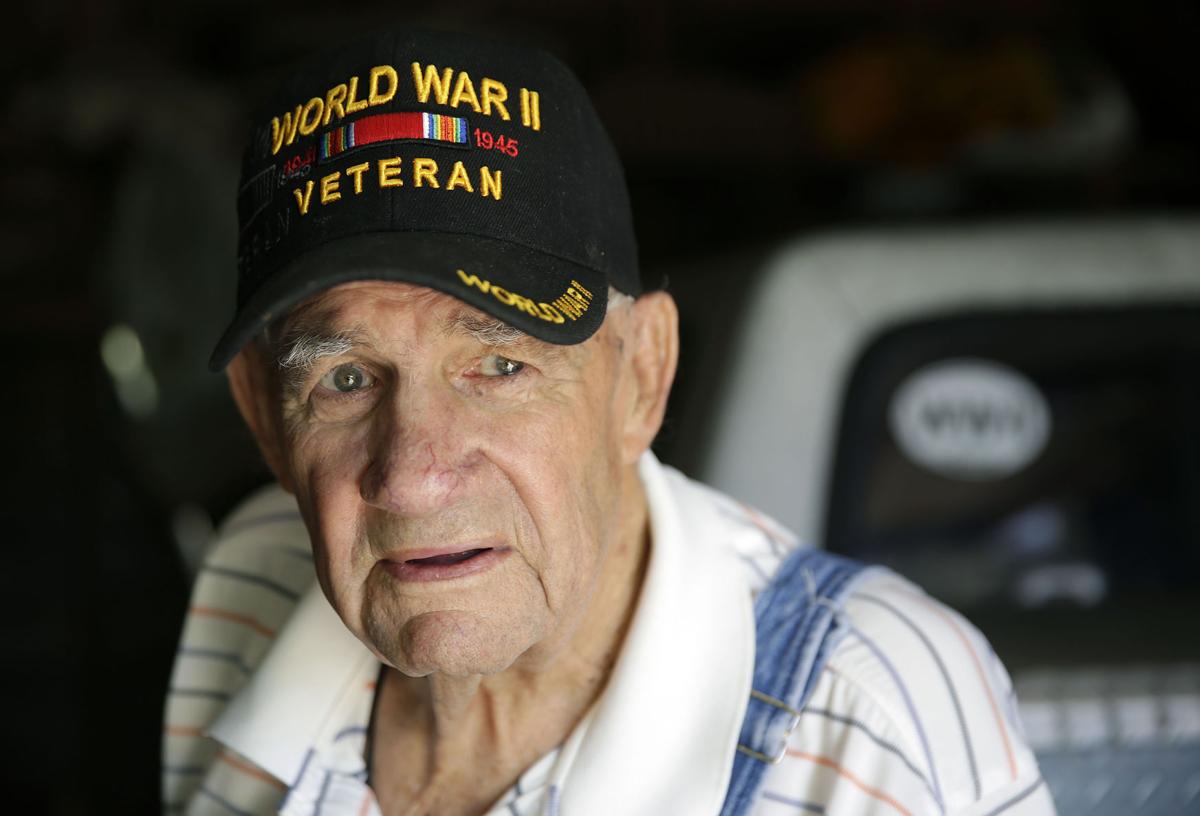There are many challenges veterans may face at the end of their lives—unable to admit to symptoms of pain and anxiety, isolation, anger outbursts, feelings of guilt, and nightmares—are not uncommon for veterans who are receiving hospice care. The experience of illness and decline at the end of life may trigger traumatic memories and cause a resurgence of anxiety and nightmares that have been dormant for years.
Many veterans find it difficult to talk about their memories or to ask for help when it is needed. Here are some tips for providing the best possible care to those who have served us in the military:
Create a safe emotional space
Be willing to listen without judgment or to sit quietly if the veteran prefers not to talk. Demonstrate that you are comfortable hearing stories or being in silence, whatever is needed at the time. Accept the patient’s preferences for solitude or companionship.
Avoid loud noises and harsh lighting
Many veterans who have experienced trauma are sensitive to external stimuli. Keep the environment quiet and peaceful to increase their comfort.
Watch for physical signs of pain
Remember that the veteran may not ask for help with pain so be attentive and notice signs like grimacing or muscle tension. Be matter-of-fact when suggesting that most hospice patients take medications for comfort at the end of life.
Avoid sudden movements or touching
Respect the veteran’s physical space and ask for permission before reaching out to hold a hand or touch an arm. Unannounced physical contact can trigger anxiety and panic.
Don’t force a conversation
Ask open-ended questions but don’t push for answers. Allow the veteran to choose when to share sensitive information and stories. Remember that the veteran may be harboring guilt and grief that have been suppressed and these subjects may take a long time to come to the surface.
Honor the patient
Treat the veteran with respect and gratitude for all the years of life that have been given to protect our freedom. Acknowledge that unless you too have served in the military you can’t possibly know what the veteran has experienced. Express your own thankfulness for the veteran’s act of service.
Utilize a veteran volunteer
If the patient is willing you might arrange for a visit from a fellow veteran who has been trained as a hospice volunteer. A person with a military background will be able to relate to the patient in ways that a civilian cannot and may bring additional comfort and relief to the patient.
There are currently more than 20 million veterans in the United States and each of them will one day reach the end of life. Remember that it is a privilege to care for and serve someone who has served our nation and made sacrifices on our behalf. Teach others to provide care for our veteran patients with the utmost respect and gratitude so that we can fully support them on their final journey.


